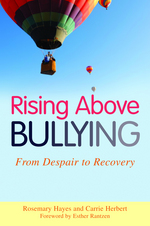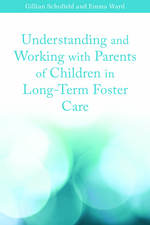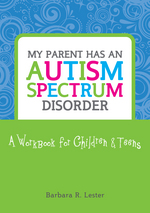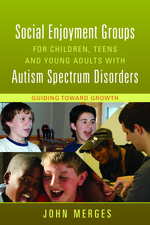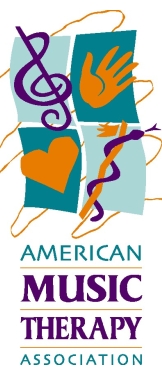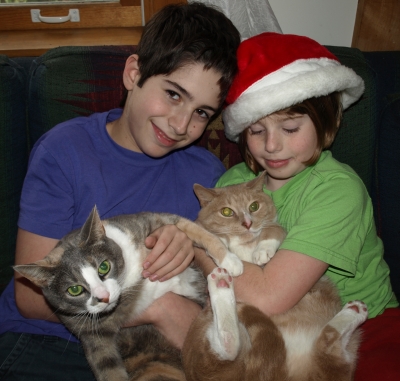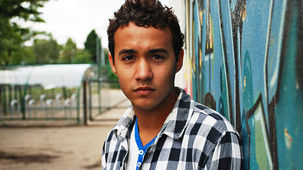Rising Above Bullying: Powerful new book from Red Balloon shines light on 15 years of success in recovering bullied children
“Rising Above Bullying is a book for all those who encounter bullying. For those who are being bullied and their families, for the perpetrators and their families and for teachers and other adults who are in a position of influence. And for the bystanders – those who ‘turn a blind eye’ thinking it is not their business. We all have a shared responsibility to ensure the safety of our children; adults must be proactive in putting a stop to bullying behaviour. This involves doing something if you believe a child is being subjected to unkind and unpleasant treatment.”
